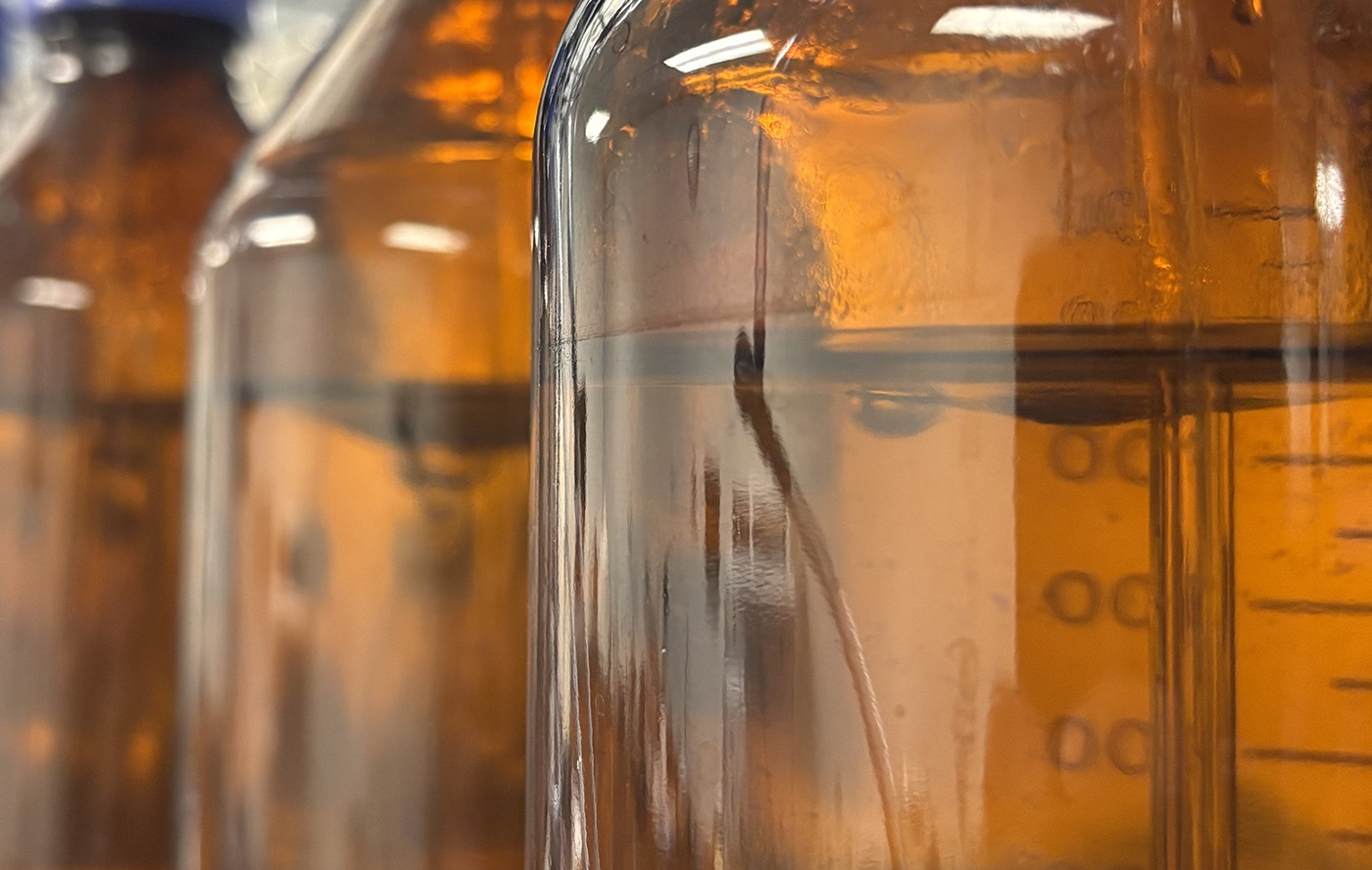Summary
ASTM D6691 is an aqueous aerobic biodegradability test that determines the degree and rate of aerobic biodegradation of plastic materials in seawater. To determine the rate of biodegradation, CO2 evolution is measured. This test relies on the pregrown microorganisms in natural seawater and is conducted under controlled laboratory conditions from 10 to 90 days.
ASTM D6691 Testing Method
The test substance is exposed to the microorganisms and is left for 10 to 90 days, however, it can be terminated early when cumulative CO2 production plateaus, or it can be extended if no biodegradation has occurred in a specific amount of time. As biodegradation occurs, CO2 evolution is measured. The level of biodegradation is determined by comparing the amount of CO2 evolved with the theoretical amount of evolved CO2. This result is the maximum level of biodegradation, determined from the plateau phase of the biodegradation curve.
Here are some additional details about the ASTM D6691 test method:
- Materials that can be tested: All polymer materials containing at least 20% carbon that are not inhibitory to the microorganisms present in a marine environment at the test dosage
- Test substance requirements:
- Total organic carbon content needs to be known in order to calculate the ThCO2
- Test substances in the form of powders shall be characterized by particle size distribution (mean particle size <25mm is recommended)
- Substances that do not inhibit the microorganisms present in the working solution under the test conditions
- Temperature: 30 ± 2°C
- Reference: A well-defined biodegradable polymer (e.g. cellulose, chitin, Kraft paper or all three)
- Test substance dosage: 20mg of test substance per reactor (125mL)
- Number of reactors: 3 for blank control, 3 for reference control, and 3 for each test substance
- Additional control: Sodium bicarbonate (100mg) and sodium sulfite (100mg) in an acidic water solution (100mL) to check the CO2 measurement accuracy
- Duration: Normally 10-90 days, but it is acceptable for the test to be terminated in advance when cumulative CO2 production plateaus or extended if no biodegradation has occurred in a specific time
Are You Looking for Reliable ASTM D6691 Testing? Aropha is Here for You
When you need trusted, efficient biodegradability testing, Aropha is here for you. Our goal is to provide our customers with affordable, fast biodegradability testing that helps streamline product development and commercialization. Whether you need testing for plastics, green chemicals, lubricants, personal care products, or other materials, our team has the experience and testing methods necessary to determine the biodegradability, compostability, and ecotoxicity of your products. We are able to improve the scope of our operations by combining digital twin simulations and lab biodegradability testing, allowing us to determine your product’s biodegradability from inception through commercialization.
Ready to get started? Contact us today!
ASTM D6691 Requirement and Applicability
Different testing methods are applicable for materials with different properties. Below is a summary of the applicability of ASTM D6691. Please check our Method Selection Guide to select the most appropriate method for your materials. You can also find the applicability for many other methods in our Resource Center.| Test | Analytical method | Sample info required * | Poorly soluble | Volatile | Adsorbing |
|---|---|---|---|---|---|
| ASTM D6691 | CO2 evolution | Organic carbon content * | + | - | + |
*“Sample info required” is the information needed to calculate the biodegradation percentages. This must be available for a selected method.
*“Organic carbon content” is the ratio of the organic carbon weight to the weight of the sample. It can be calculated by the sample formula (e.g., acetic acid C2H4O2, carbon content is 12*2/(12*2+1*4+16*2)=40%). Try our Online C% Calculator. If the formula is unknown, we can send the sample out to a third party lab for you for analysis (normally $110 with a 10-day turnaround time).
Pricing
$1299/sample for High-Throughput Screening$2599/sample for Biodegradability Certification

